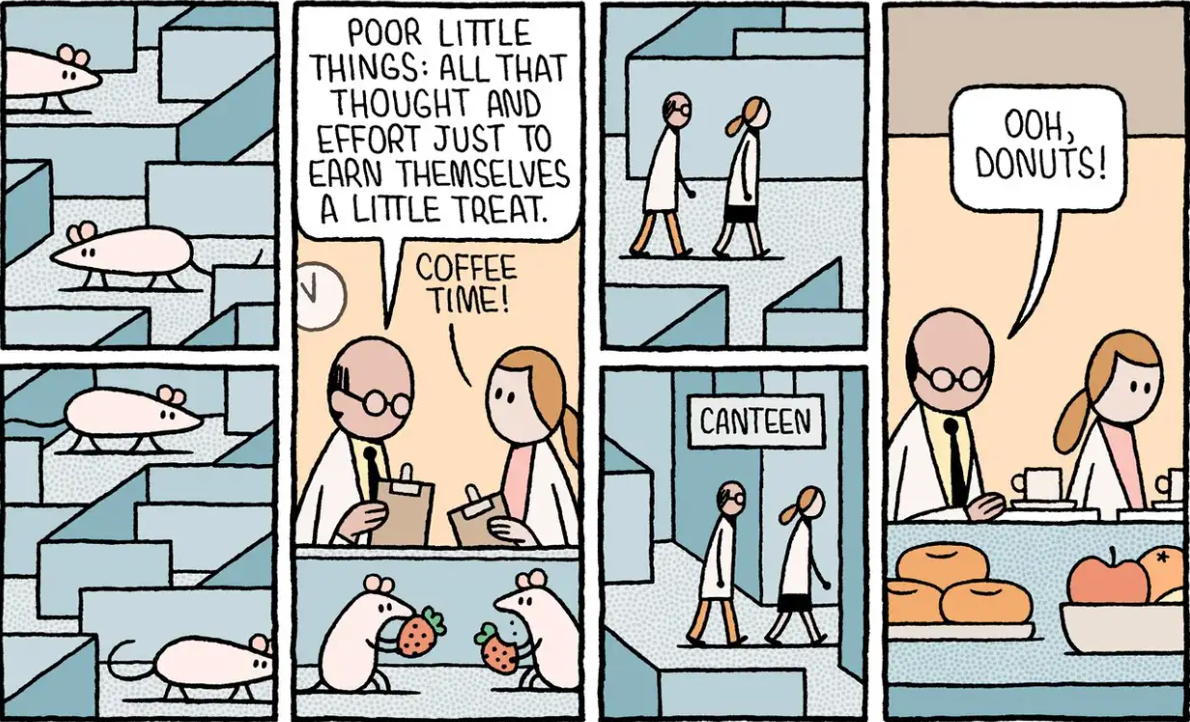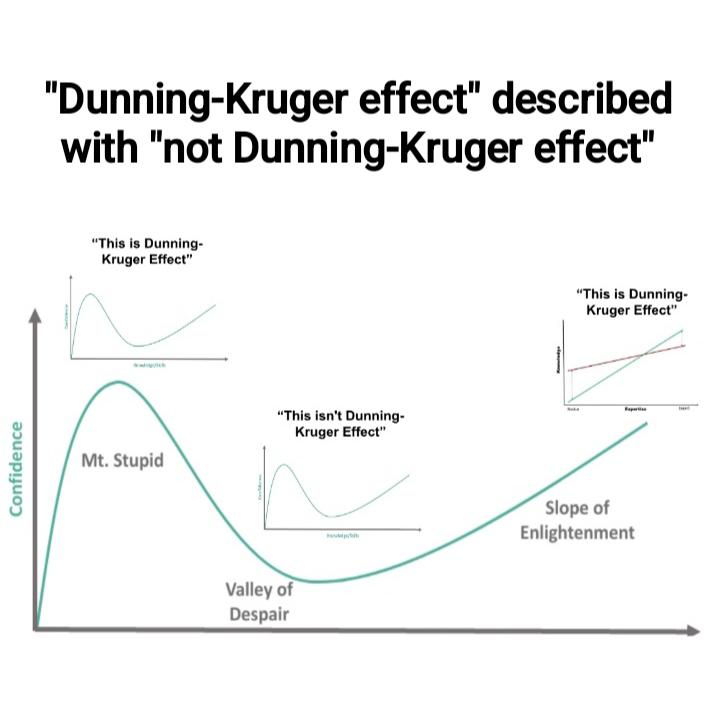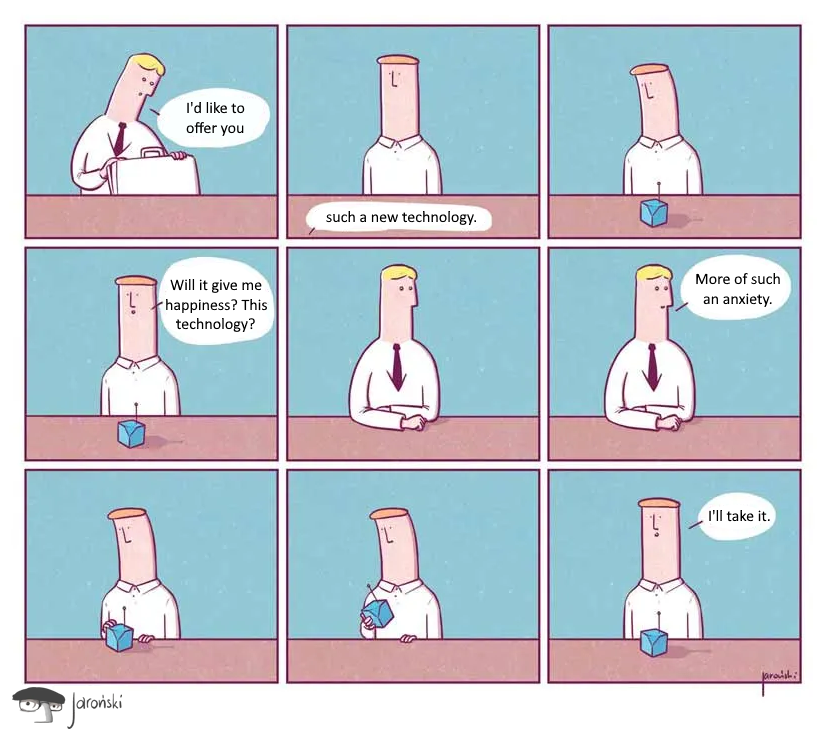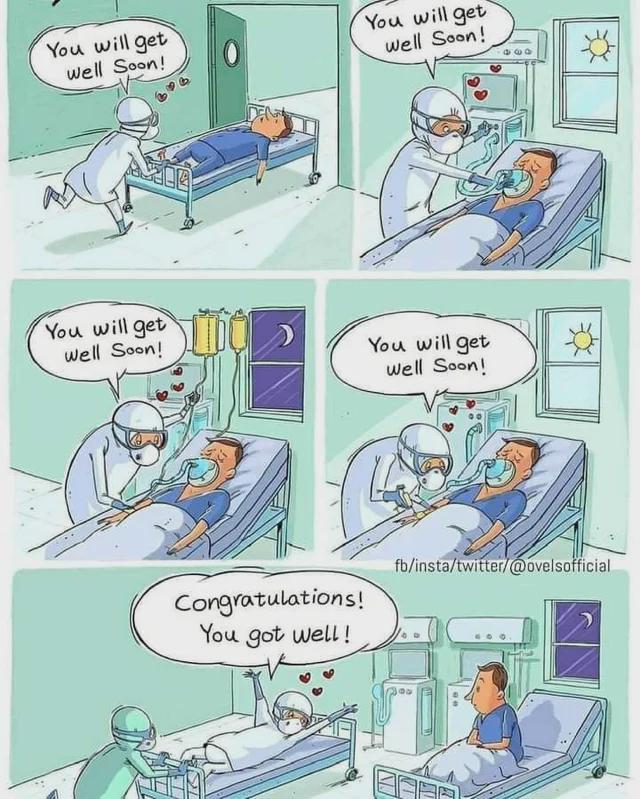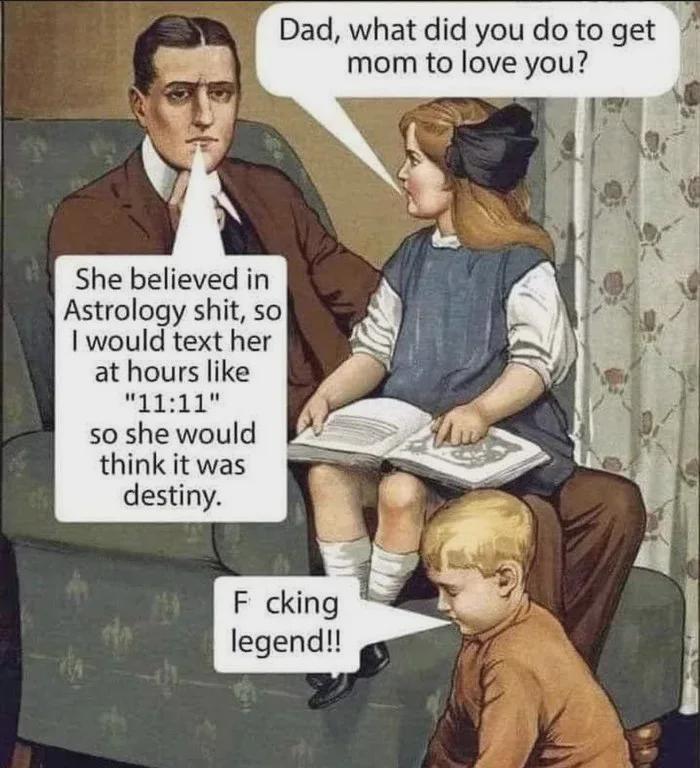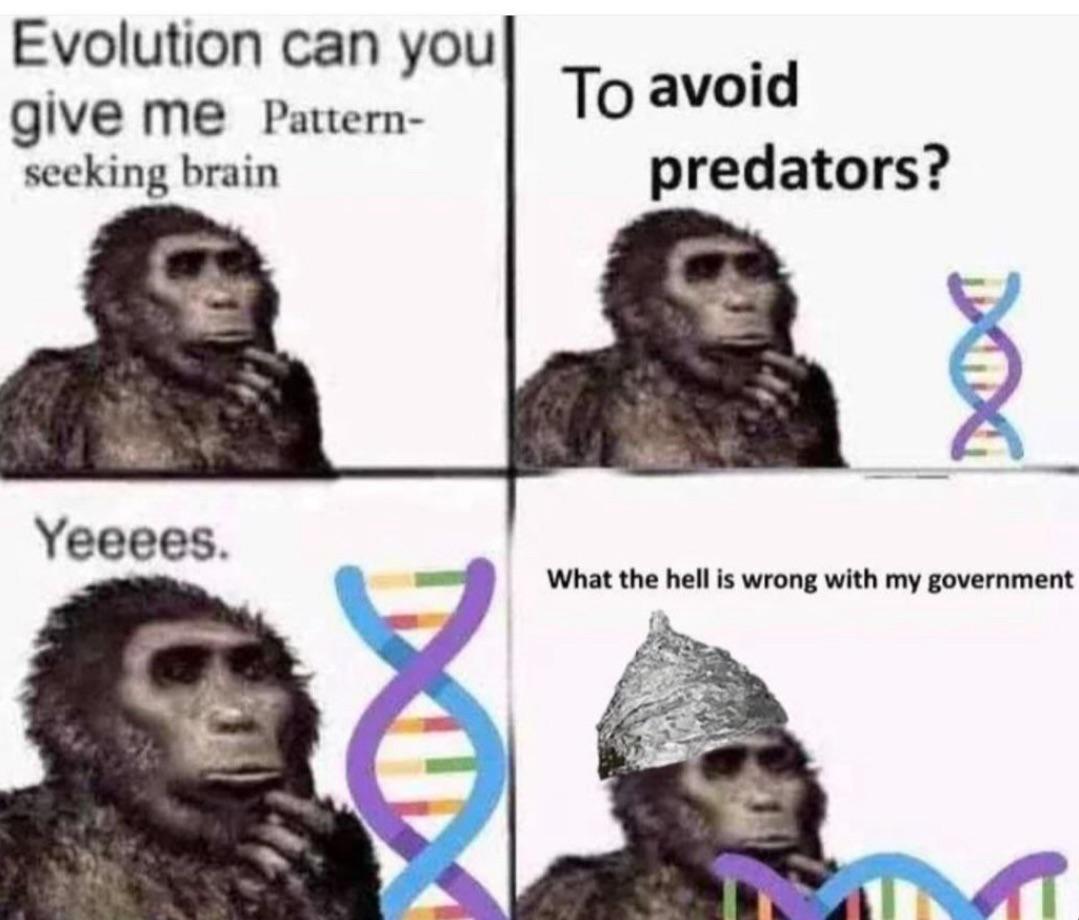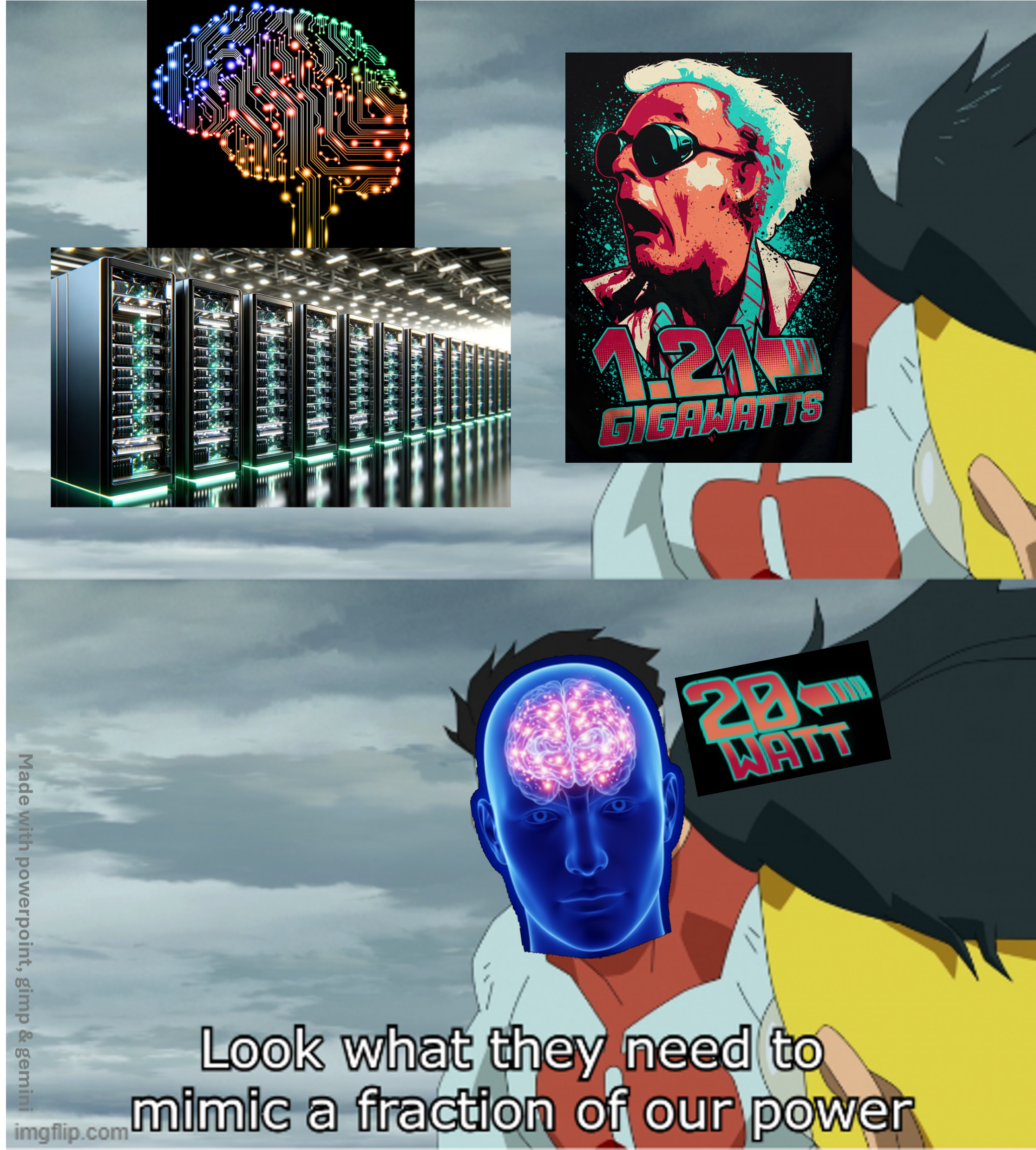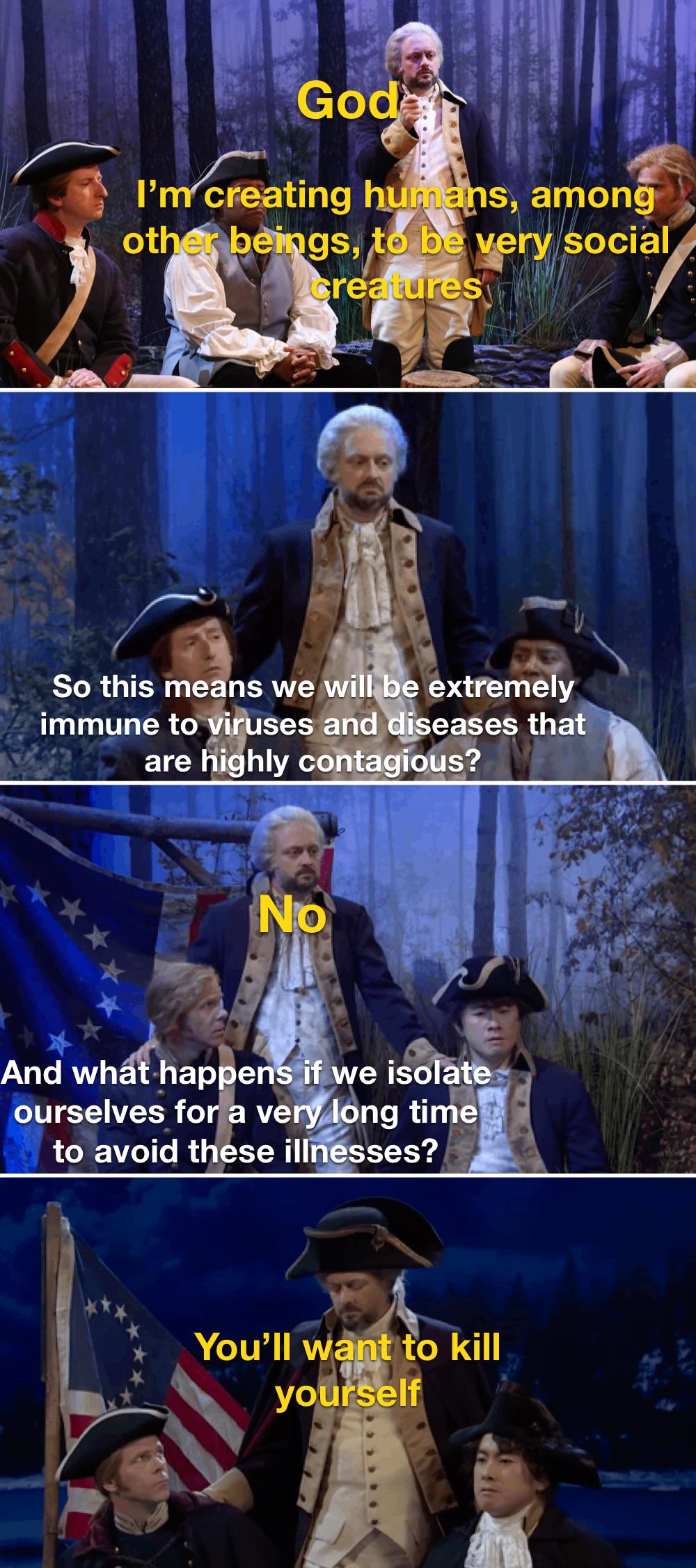HTTP 418: I'm a teapot
The server identifies as a teapot now and is on a tea break, brb
HTTP 418: I'm a teapot
The server identifies as a teapot now and is on a tea break, brb
Psychology Memes
Psychology: where common sense goes to be systematically disproven and "it's complicated" becomes a scientific conclusion. These memes celebrate the study of minds by minds, creating a recursive loop of confusion and insight. If you've ever caught yourself analyzing your own cognitive biases while actively falling for them, explained that no, you can't read minds despite your degree, or felt the special irony of having impostor syndrome even about your impostor syndrome, you'll find your fellow brain enthusiasts here. From the frustration of p-hacking to the satisfaction of a statistically significant result, ScienceHumor.io's psychology collection honors the discipline that somehow manages to be both a rigorous science and the subject of endless dinner party conversations where everyone becomes an expert after two drinks.

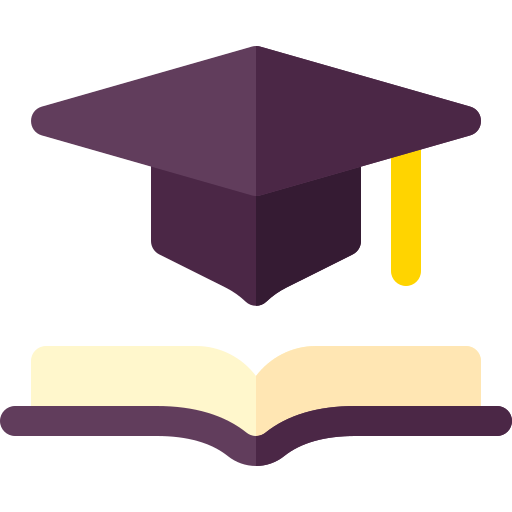 Academia
Academia
 Ai
Ai
 Astronomy
Astronomy
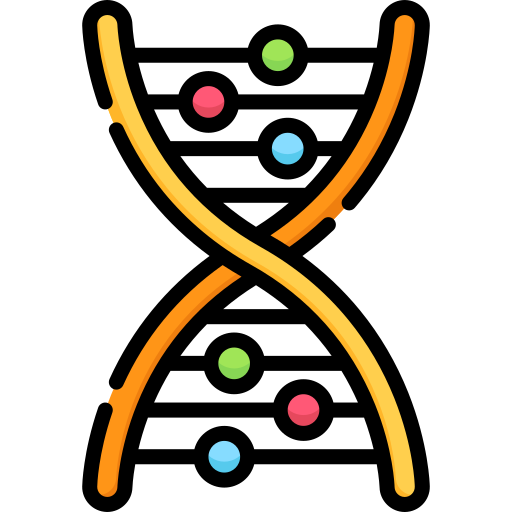 Biology
Biology
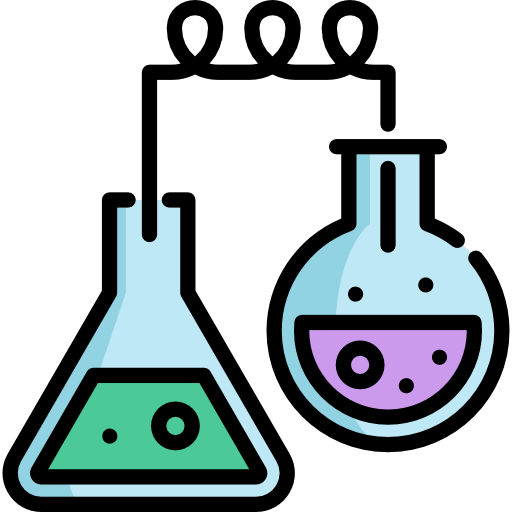 Chemistry
Chemistry
 Climate
Climate
 Conspiracy
Conspiracy
 Earth-science
Earth-science
 Engineering
Engineering
 Evolution
Evolution
 Geology
Geology
